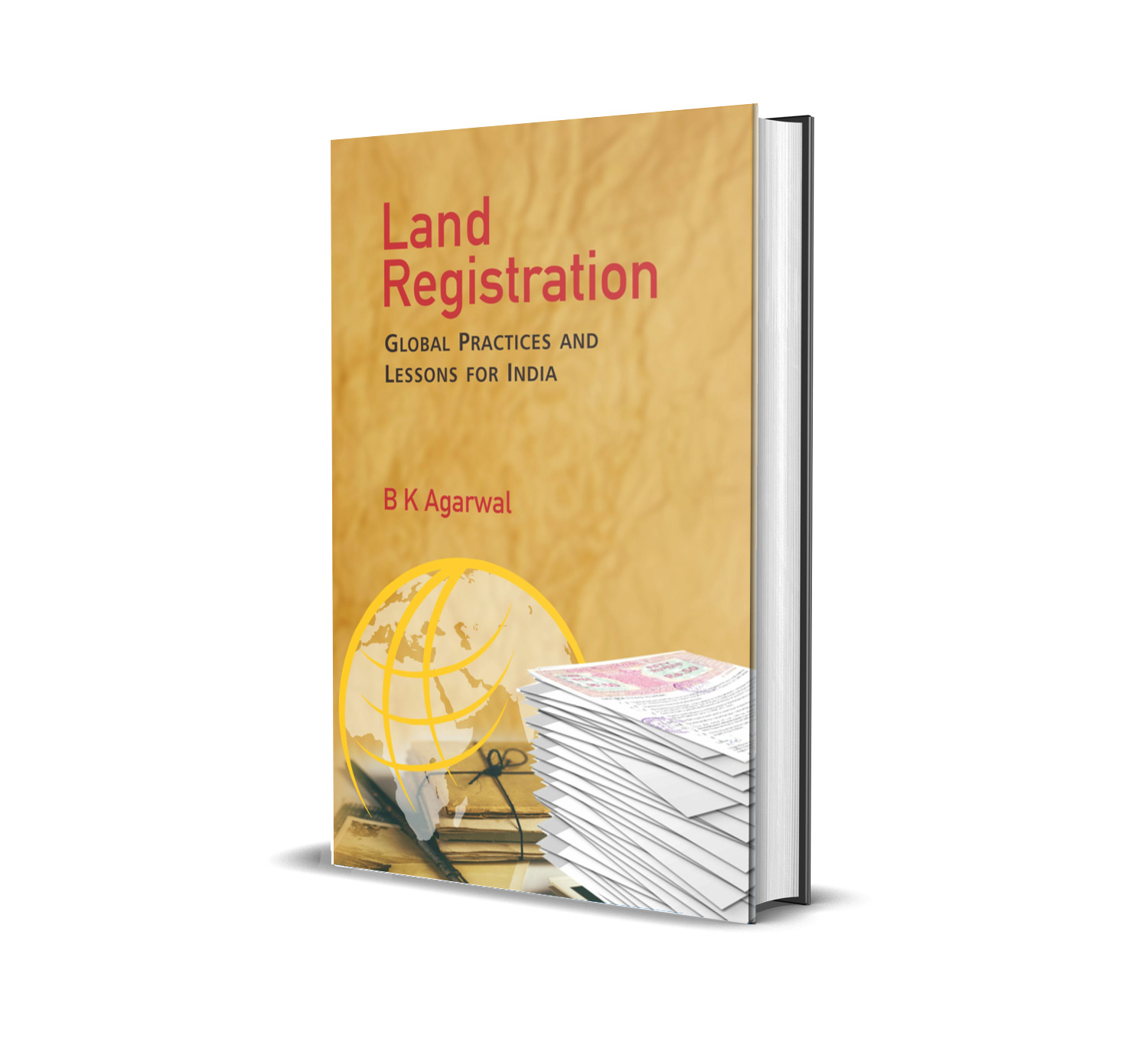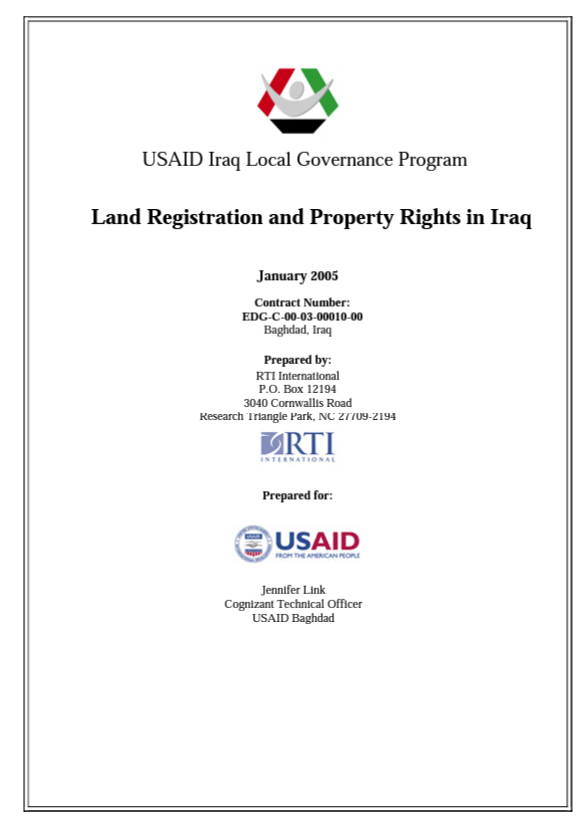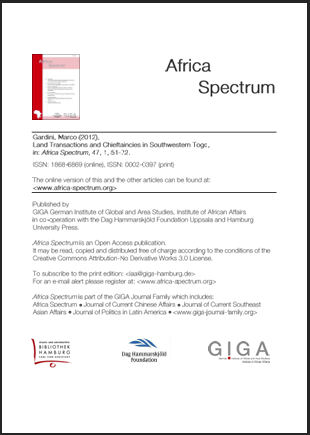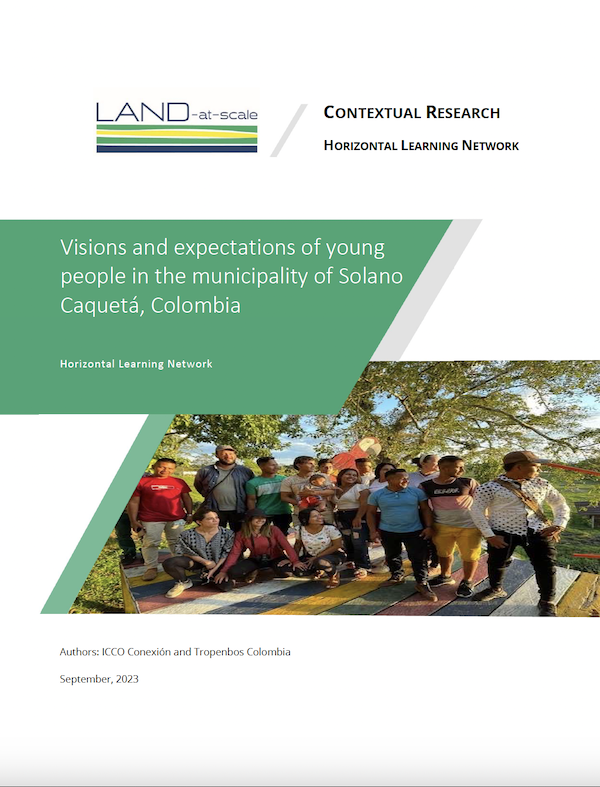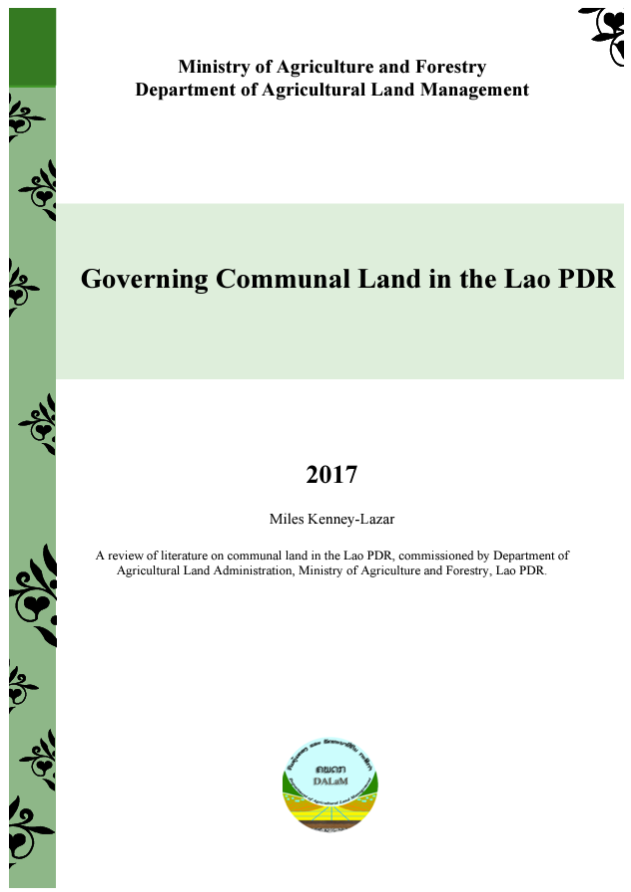Land Reforms and the Tragedy of the Anticommons—A Case Study from Cambodia
Most of the land reforms of recent decades have followed an approach of “formalization and capitalization” of individual land titles (de Soto 2000). However, within the privatization agenda, benefits of unimproved land (such as land rents and value capture) are reaped privately by well-organized actors, whereas the costs of valorization (e.g., infrastructure) or opportunity costs of land use changes are shifted onto poorly organized groups. Consequences of capitalization and formalization include rent seeking and land grabbing.


